The fusion of drones and crop irrigation is an undeniable game-changer in agriculture. With the bird's-eye view and precision sensors of drones, managing water resources and ensuring optimal crop health has never been more accurate. Here’s a deep dive into their transformative impact:
Advanced Soil Moisture Detection: Utilizing state-of-the-art sensors, drones capture detailed moisture profiles of soil. This rich data empowers farmers to fine-tune irrigation, optimizing water use and ensuring crops thrive.
Spotting Irrigation Anomalies: Drones, with their unparalleled aerial view, swiftly detect issues like water leaks, blockages, or uneven water distribution. Addressing these early ensures robust crop health.
Data-driven Irrigation Timelines: By harnessing data on soil moisture, crop vitality, and climatic patterns, drones aid in crafting precise irrigation schedules, maximizing water conservation and crop growth.
Tailored Water Dispensation: High-definition drone imagery reveals soil variances across fields. Leveraging this, variable rate irrigation is tweaked to cater to different soil needs, promoting even crop growth and water efficiency.
Post-Irrigation Assessments: Drones excel in post-irrigation evaluations, gauging system efficiency via crop health and soil hydration analysis. This iterative feedback refines irrigation strategies, aligning with sustainable water practices and boosting yield prospects.
Upholding Water Regulations: In locales with stringent water norms, drone-acquired data can validate adherence to regional water conservation mandates.
Irrigation Training Amplified: For agri-educators and service providers, drones are an indispensable asset, enhancing training on avant-garde irrigation tactics and gear.
Drones have elevated crop irrigation to a futuristic realm, interlacing time-honored farming with cutting-edge tech. They're not just water savers, but keystones in sculpting the streamlined and sustainable farms of tomorrow.

